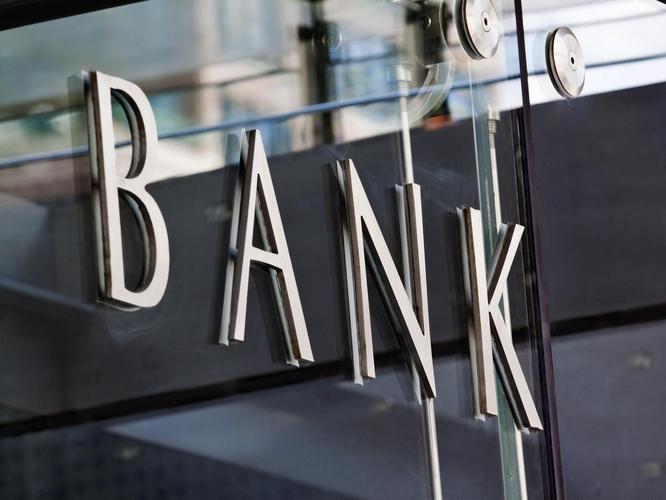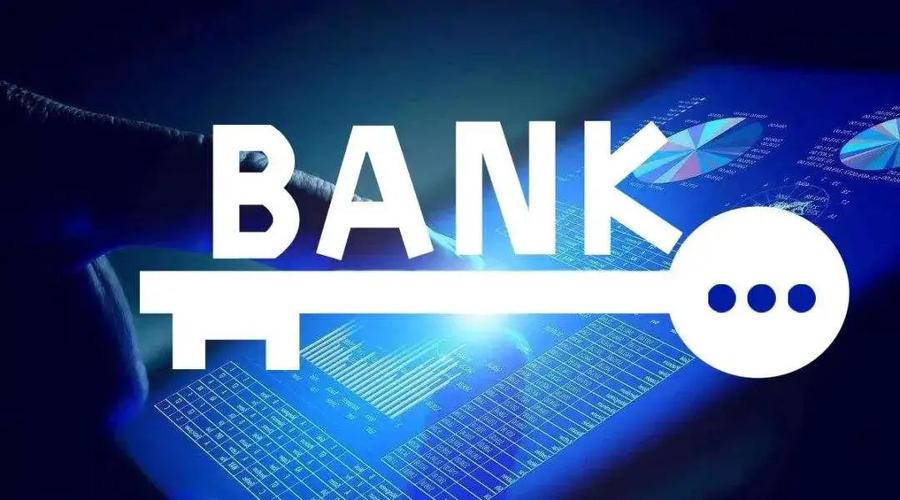As fireworks reignite in the U.S. stock market, one digital bank is quietly straightening its cuffs, preparing to step onto the grand stage of capital markets. Thirteen years ago, Chime was a humble "street performer" in the financial world, earning word-of-mouth praise by offering young people no-fee checking accounts and early access to their paychecks. Today, this "Cinderella of digital banking" is finally donning high heels and heading to Wall Street, having officially filed for an IPO with the U.S. Securities and Exchange Commission, marking the start of a bold new chapter.

According to its filings, Chime's revenue surged 30% in 2024, reaching $1.7 billion, while net losses narrowed dramatically to just $25 million— an impressive trim from the $203 million loss it posted in 2023. The first quarter of 2025 delivered another strong performance: revenue rose 32% year-over-year to $519 million, with net income of $13 million. While not the company's first profitable quarter, it's a compelling confidence letter to investors. Typically, the timeline from IPO filing to listing can be just a few short months.
What makes Chime's story resonate is its focus on one of the most overlooked demographics in the U.S. financial system: young people earning between $35,000 and $65,000 a year. Chime plays the role of a caring neighbour, helping users through every bill cycle with practical features: fee-free overdraft protection up to $200, simple debit cards, secured credit cards to build credit, and a growing range of personal loan offerings. Its model is simple: deposit your paycheck here, and we 11 unlock more for you. The strategy is working— Chime now boasts 8.6 million monthly active users, with 67% using it as their primary bank, defined by at least 15 monthly transactions or a direct deposit of at least $200. In comparison, Block's Cash App may have a much larger user base—57 million monthly active users— but trails behind in trust and direct deposit engagement. As of December 2024, only around 4% of Cash App users had activated direct deposit, giving Chime a temporary edge in the race for user loyalty.

But Chime isn't content being just the "first bank card of small-town youth." It is cautiously nudging its brand into higher-end territory. Though its average customer earns well below $100,000, the IPO documents emphasise that Americans earning under that threshold are precisely the group Chime wants to serve. This is more than a market position—it's a brand promise: "You may not be rich, but you still deserve financial dignity." Chime's user behaviour reflects the resilience of its business model: 70% of transactions are for non-discretionary expenses- food, groceries, gas, and utility bills. This suggests a habitual reliance on Chime for daily life, giving it a potential cushion against economic downturns.
Of course, this financial marathon is not without thorns. In 2024, Chime swallowed a $220 million loss due to "transaction and risk losses," including unpaid overdrafts, credit defaults, and fraud. Its market push came at a price: S518 million in marketing expenses and $310 million on technology and product development. These investments, while heavy in the short term, may lay the groundwork for a long-term moat. Chime's business model remains heavily reliant on payment fees. In 2024, 76% of its revenue came from the 1%-2% fees charged to merchants for debit and credit card transactions, a slight drop from 80% two years ago, indicating a deliberate effort to reduce dependence on swipe fees and diversify its revenue streams.

As for equity, renowned venture capital firm DST Global is Chime's largest external shareholder, holding 52 million shares. However, the exact holdings of co-founders Chris Britt and Ryan King remain undisclosed in the filing. Like seasoned captains, the duo now steer Chime into the choppy waters of the public market, with the company's fate firmly in their hands. Chime's IPO is a snapshot of the "evolution of community banking." From a digital tool used by young people to save paychecks and pay rent, it has grown into a fintech powerhouse knocking on Wall Street's door. This is not only Chime's comeback tale—it also reflects a broader shift in the financial industry: digging deeper into underserved markets while striving upward toward innovation and transformation.


